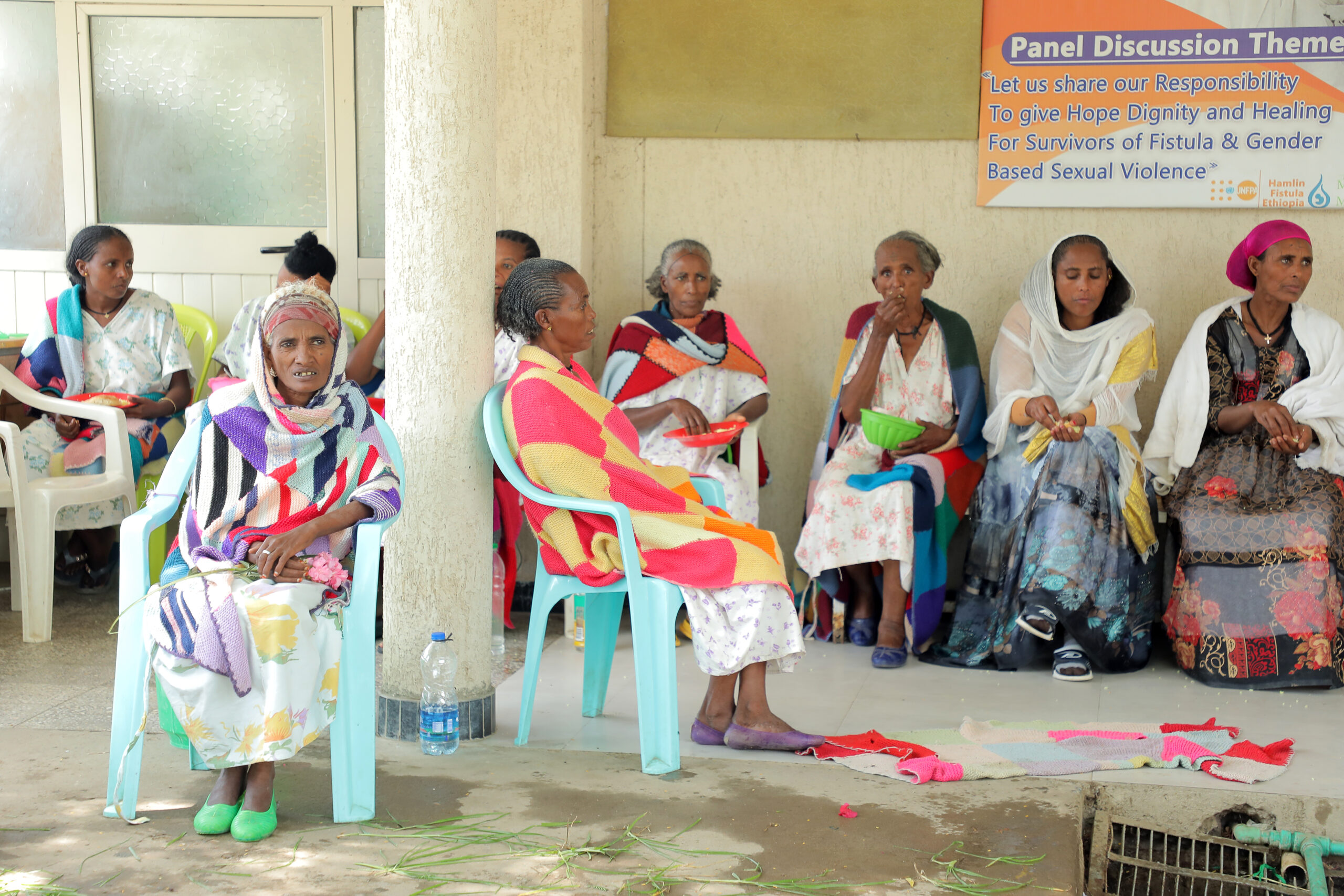We recently interviewed Hamlin Midwife Mentor Bella, who updated us on the conditions faced by our Hamlin midwives in Tigray.
What is your name and role at Hamlin?
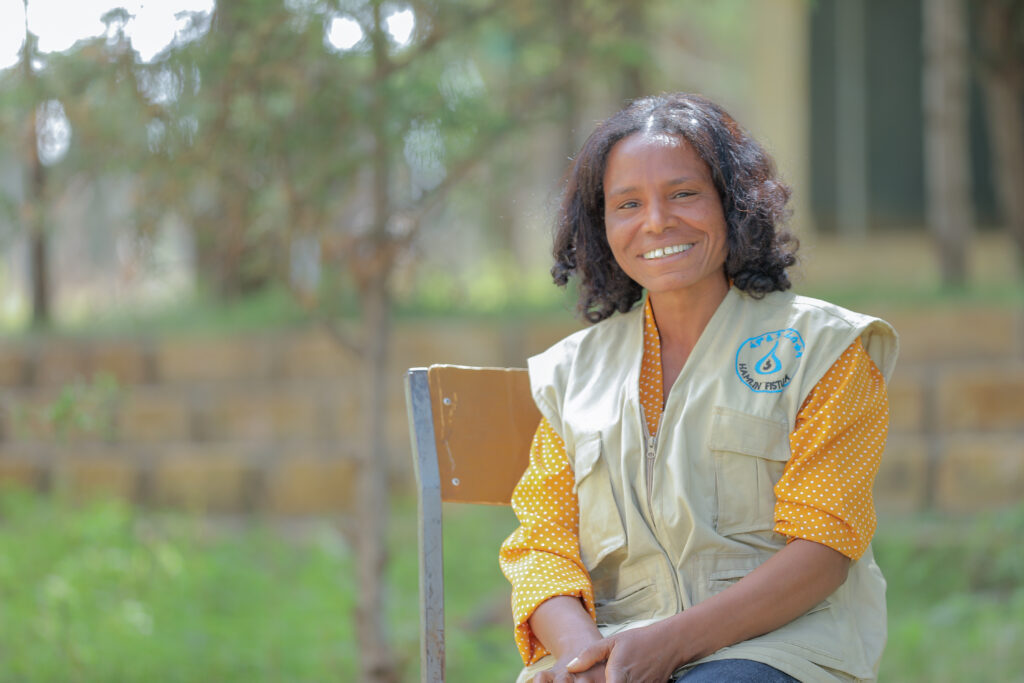
My name is Bella Tutakay. I am a midwife mentor at Hamlin Fistula Mekelle Hospital. I have been a midwife mentor there for the last six years.
How has the conflict affected you?
The conflict was difficult. Many Hamlin midwifery centres were disturbed and disrupted. We lost many essential drugs and medications, as well as midwives, so it was difficult.
Many mothers experienced obstetric fistulas because the midwifery centre was not actively providing maternal healthcare. There was no birthing service, no health service. Almost all services were disrupted at that time. It was difficult.
The mentorship programme was stopped because of the conflict. There were no medical supplies and no health provider at the health centres. Most centres closed their activities. It was difficult for me. I couldn’t travel to the midwifery centres to mentor the midwives because of the conflict.
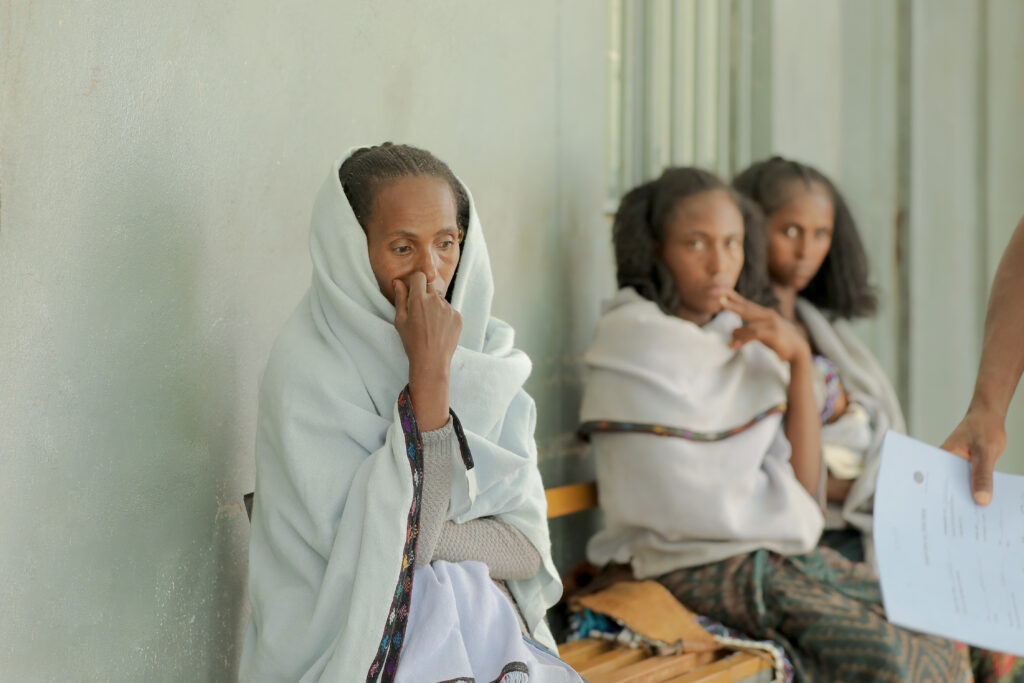
Tell us about why your work is important.
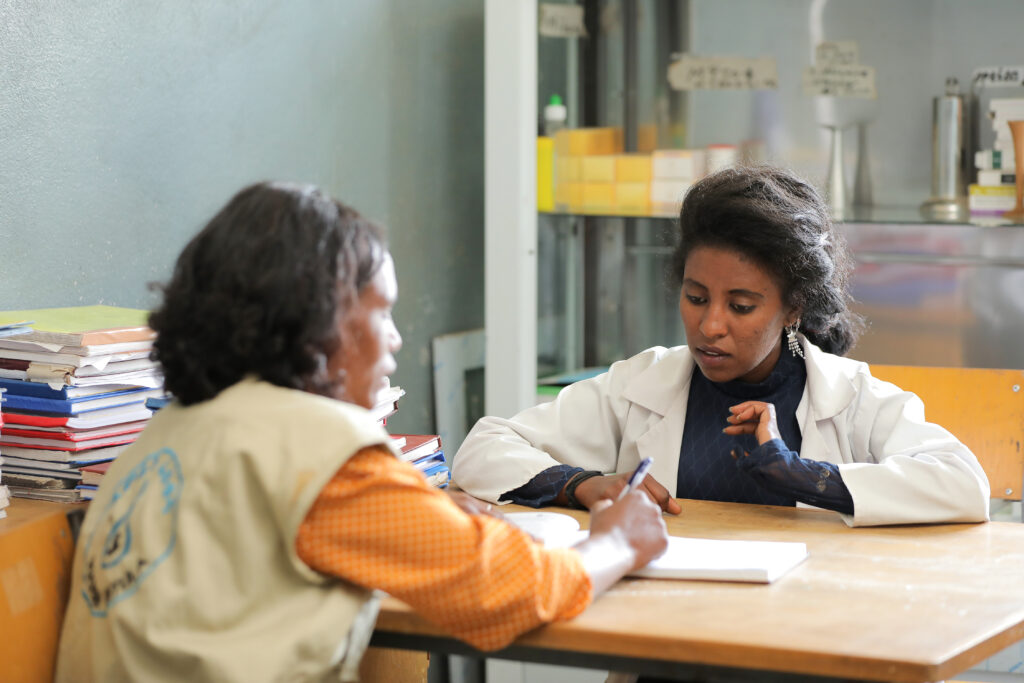
My work is mentoring Hamlin midwives and ultrasound scanning pregnant mothers at Hamlin midwifery centres. It is necessary. It is important for preventing obstetric fistula.
We join the midwives during community mobilisation, educating women to attend midwifery services, or to deliver at midwifery centres. This is necessary to prevent obstetric fistula and to prevent maternal death, because mothers are very necessary for households. It is very fundamental work in maternal and child health services.
How do you mentor with all these challenges?
I mentor with a friendly approach to transfer my skill and knowledges. I share together with the midwives of the Hamlin midwifery centres and go together to mobilise communities. Along with the health extension workers, we discuss and arrange programmes, and we travel to villages.
There we give health education about the maternal health service and about obstetric fistula, about the pelvic organ prolapse, and another preventable disease. We work together with the midwives, the health centre staff, and other partners like tribal leaders and churches to improve maternal health and child health and to prevent obstetric fistula
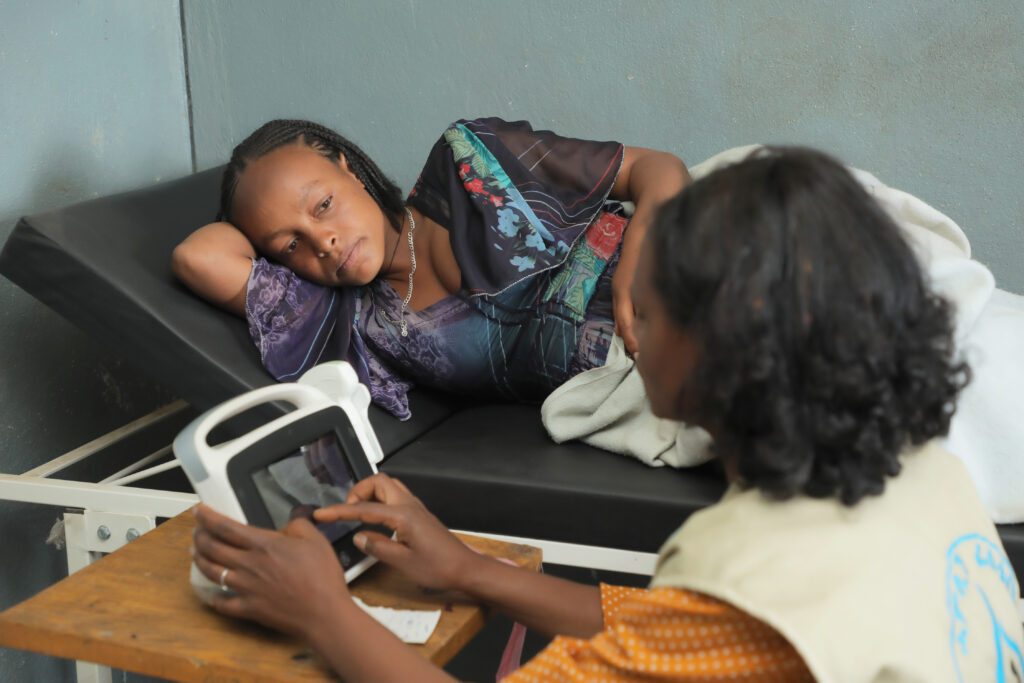
What does it mean for women in your area when there are no health clinics open?
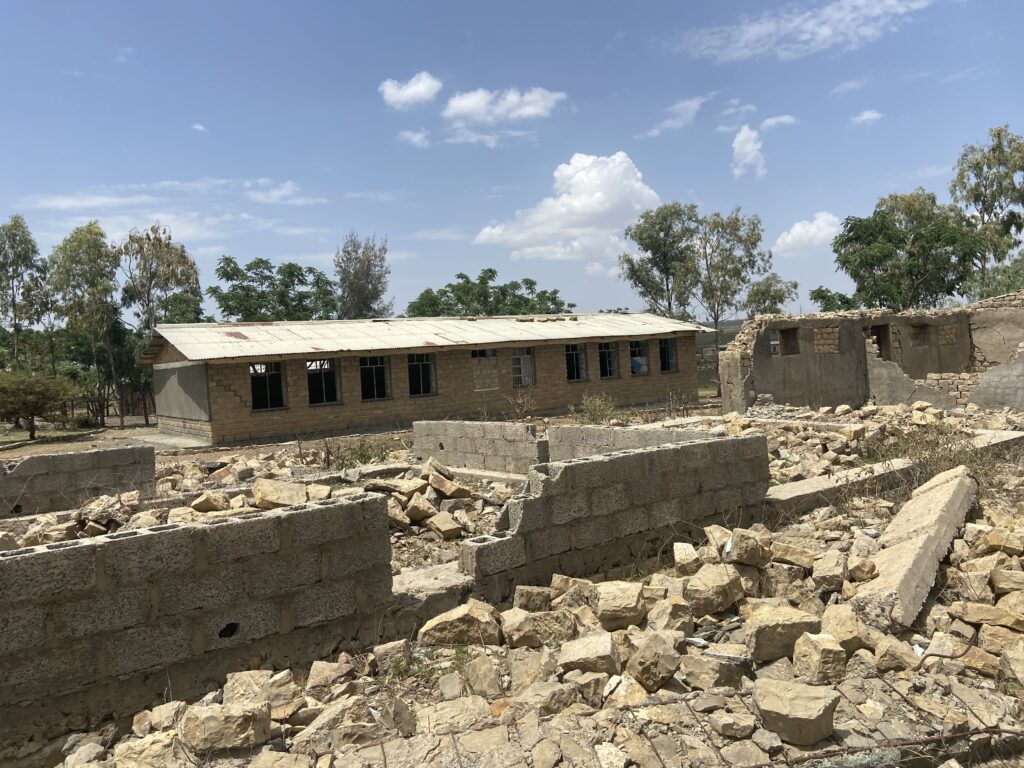
If the midwifery centre was closed, it is difficult for the pregnant mothers because there are no skilled birth attendants to support them. So, the women are affected by obstetric fistula and other maternal complications – and death. Obstetric fistula was increasing at the time because of the closed clinics. So, it was difficult.
What would happen if the Hamlin midwives were not in the midwifery centre?
The Hamlin midwives are special midwives because they have good skills, good knowledge, and a good attitude to prevent obstetric fistula and give maternal health services. When the Hamlin midwives are not present at the partner midwifery centres, it's difficult to mentor. Hamlin midwives are better than any state or governmental midwives.
What does it mean for everyone who's living in this area of conflict?
Especially now, because of the conflict, it's difficult to live in remote locations because the Hamlin midwifery centres are not active at this time to support pregnant mothers - no laboratory, no essential medications.
Even the midwives are displaced because of the conflict. So, now, for pregnant mother living in remote areas, it's difficult. It aggravates communicable diseases, obstetric fistula, and related problems. It is difficult.
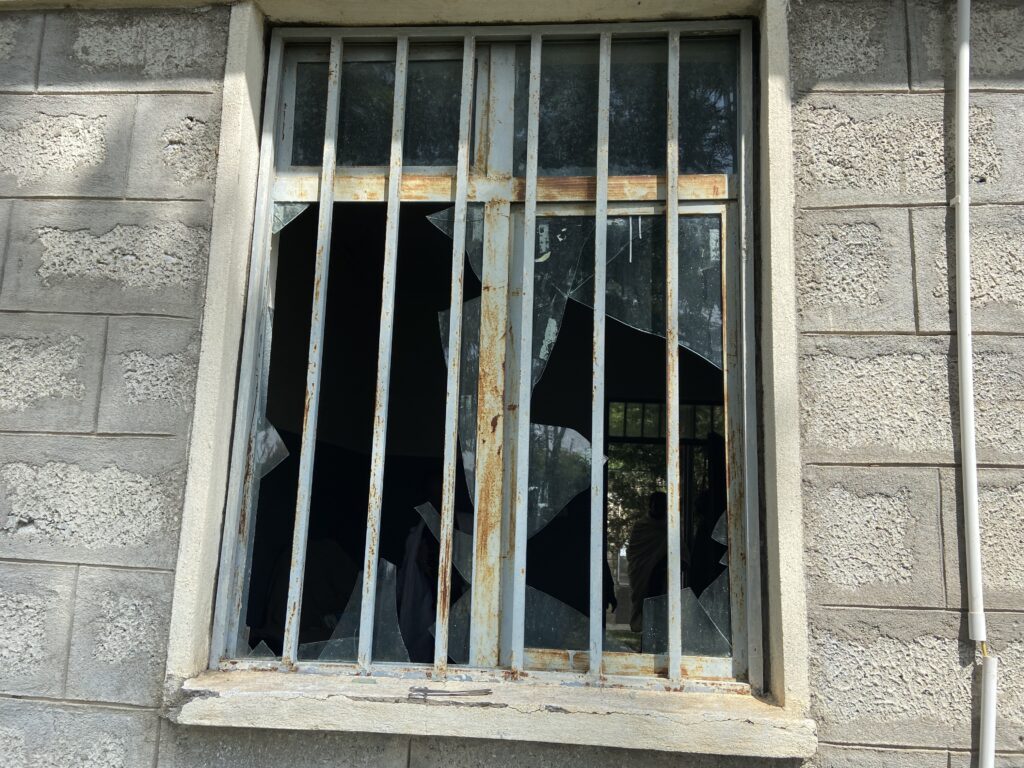
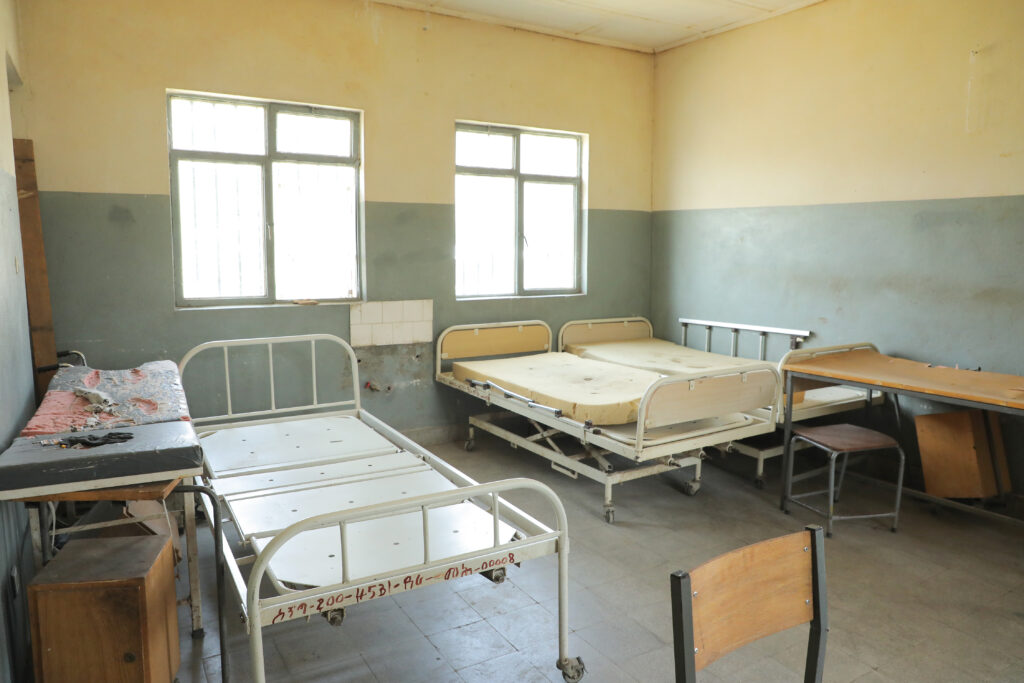
The funding is important to reopen the clinics for the mother and child. Generally, maternal health activities are decreasing in the Tigray region, especially in Hamlin maternity centres, because of the conflict.
We need funding to reopen the clinics - to arrange the maternal health services, to prevent obstetric fistula, and to provide maternal and child health services, and prevent communicable and preventable diseases.
We need additional funds. We need double funding. As well as routine funding, we need double funding, because there are not any medications for maternal and child health services. There is no medical equipment.
If the midwifery centre was destroyed or distracted by the conflict, we need budget or funding to renovate the health centre systems - water systems, electrical systems, and another systems. We need funding.
As well as for mentorship programme, we need funding. To mobilise the communities and raise awareness about obstetric fistula and skilled delivery at midwifery centres. We need funding.
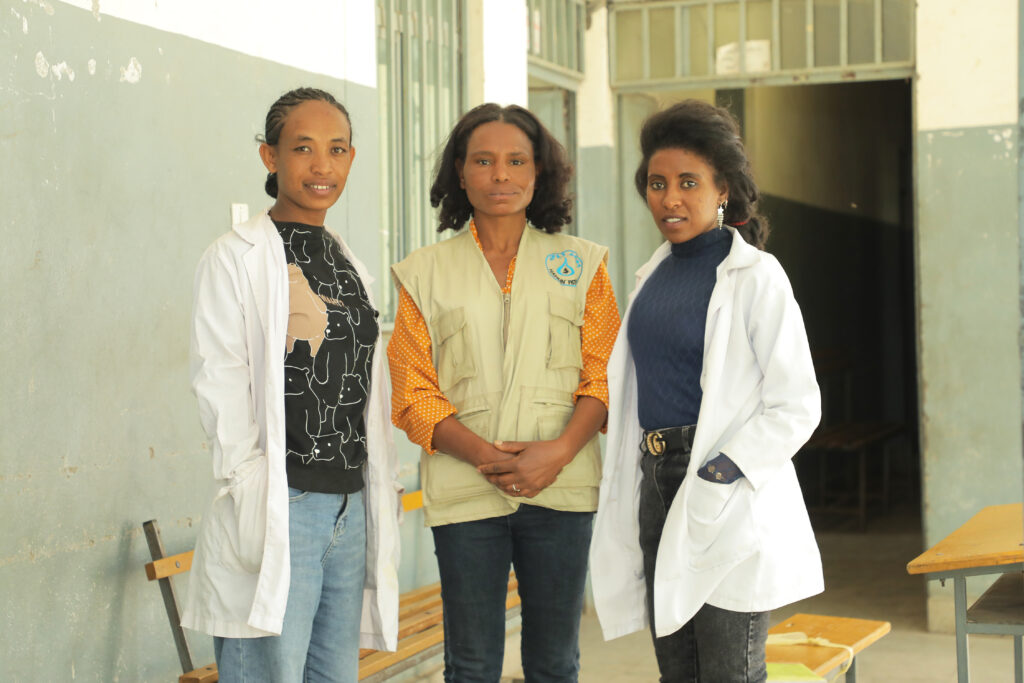
Thank you, our New Zealand supporters. You are saving many lives of women living in the war affected regions.
- Bella
Join us in ensuring a fistula-free and safe childbirth for every woman.
